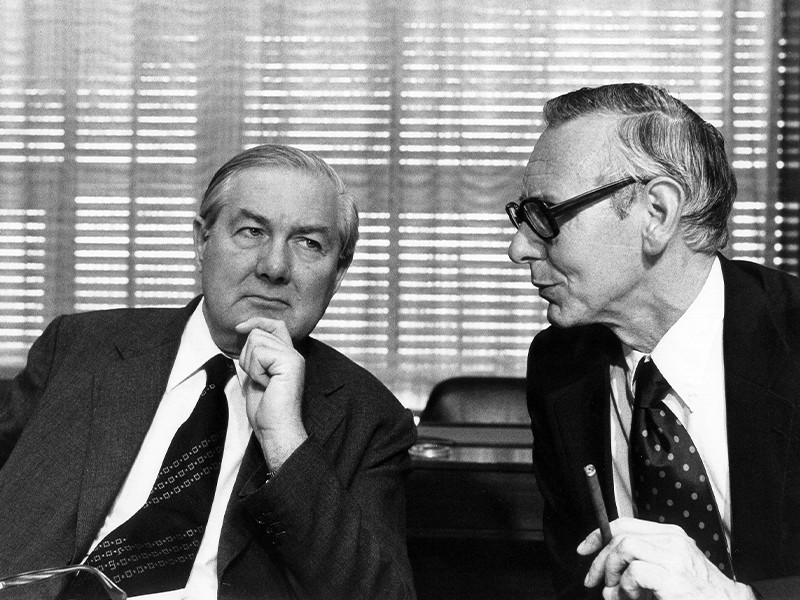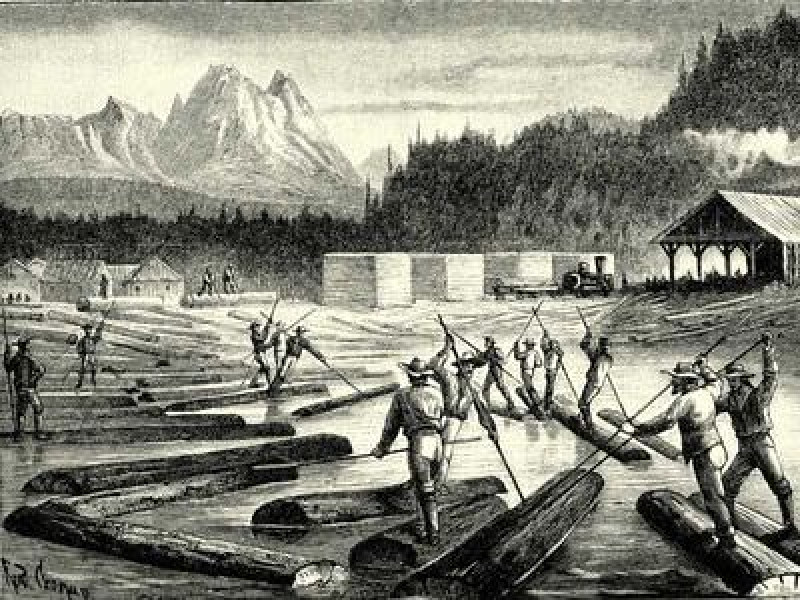International Relations

What's Inside

Introduction
A key theme in history, “International Relations” is a broad term encapsulating the typically complex strains of diplomacy, cooperation, and conflict that occur between states. The archival collections that are grouped under this theme are rich in documentation, enabling students and researchers to survey a wide range of historical events and trends.
For example, you can explore the development of British-American diplomacy during the later eighteenth century, the spread of British colonial influence throughout the Caribbean, the unification of Germany, the collapse of the Ottoman empire, and the emergence of Canadian governance and foreign policy. You can also examine one of the pivotal moments in twentieth century international diplomacy: the Paris Peace Conference that was convened in the wake of the First World War. Furthermore, the papers of the Labour Party evidence key aspects of British diplomacy and foreign policy throughout the twentieth century.
The collections grouped in this theme likewise demonstrate how the Allied nations, particularly America and Britain, co-operated during the Second World War. Indeed, they illustrate how the Allies co-operated in order to establish and maintain a watertight system of postal and telegraph censorship. You can also explore the influential experiments in international co-operation that emerged in the aftermath of both world wars, such as the formation of the United Nations, the European Economic Community, and the World Trade Organization.


























